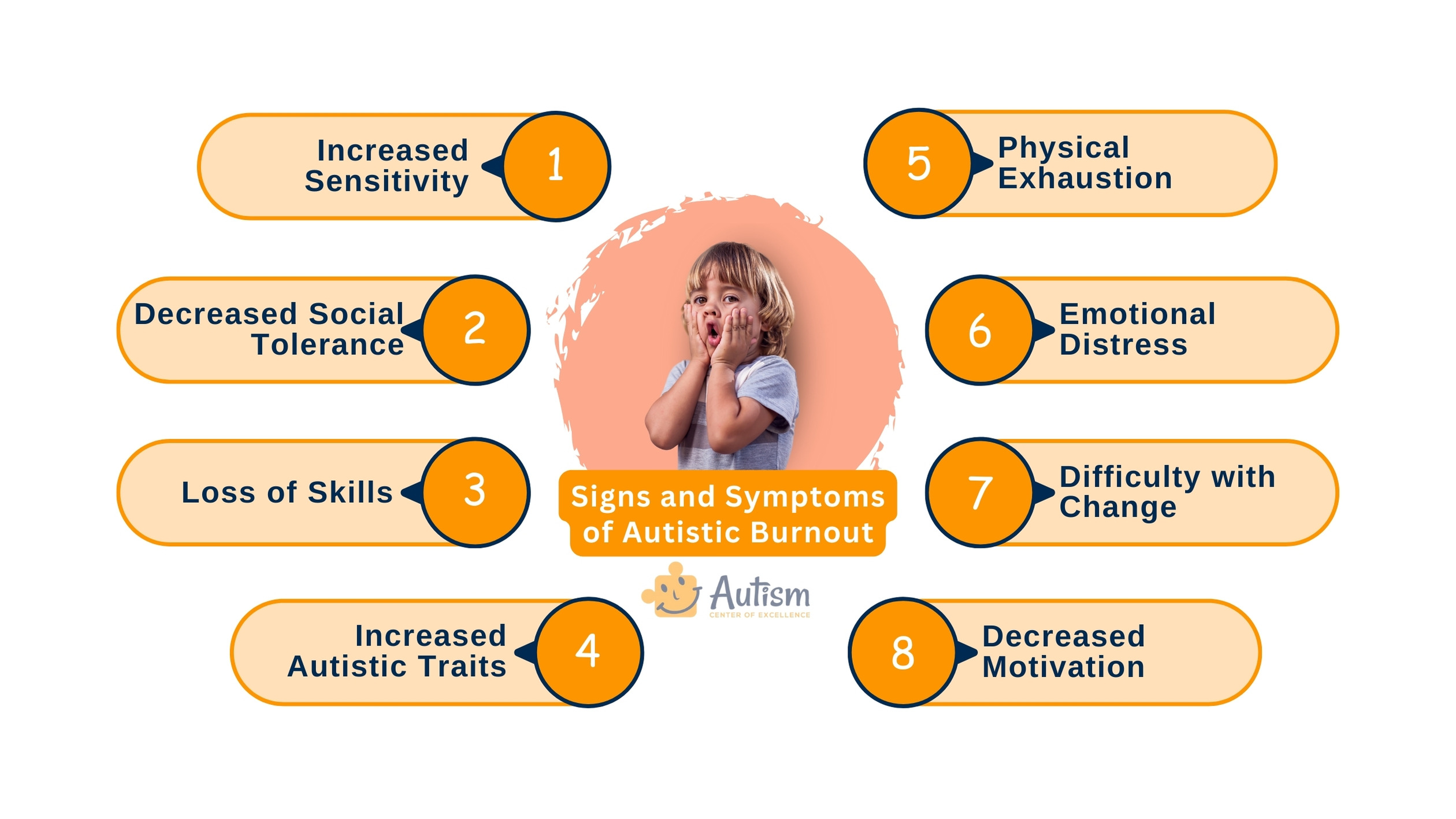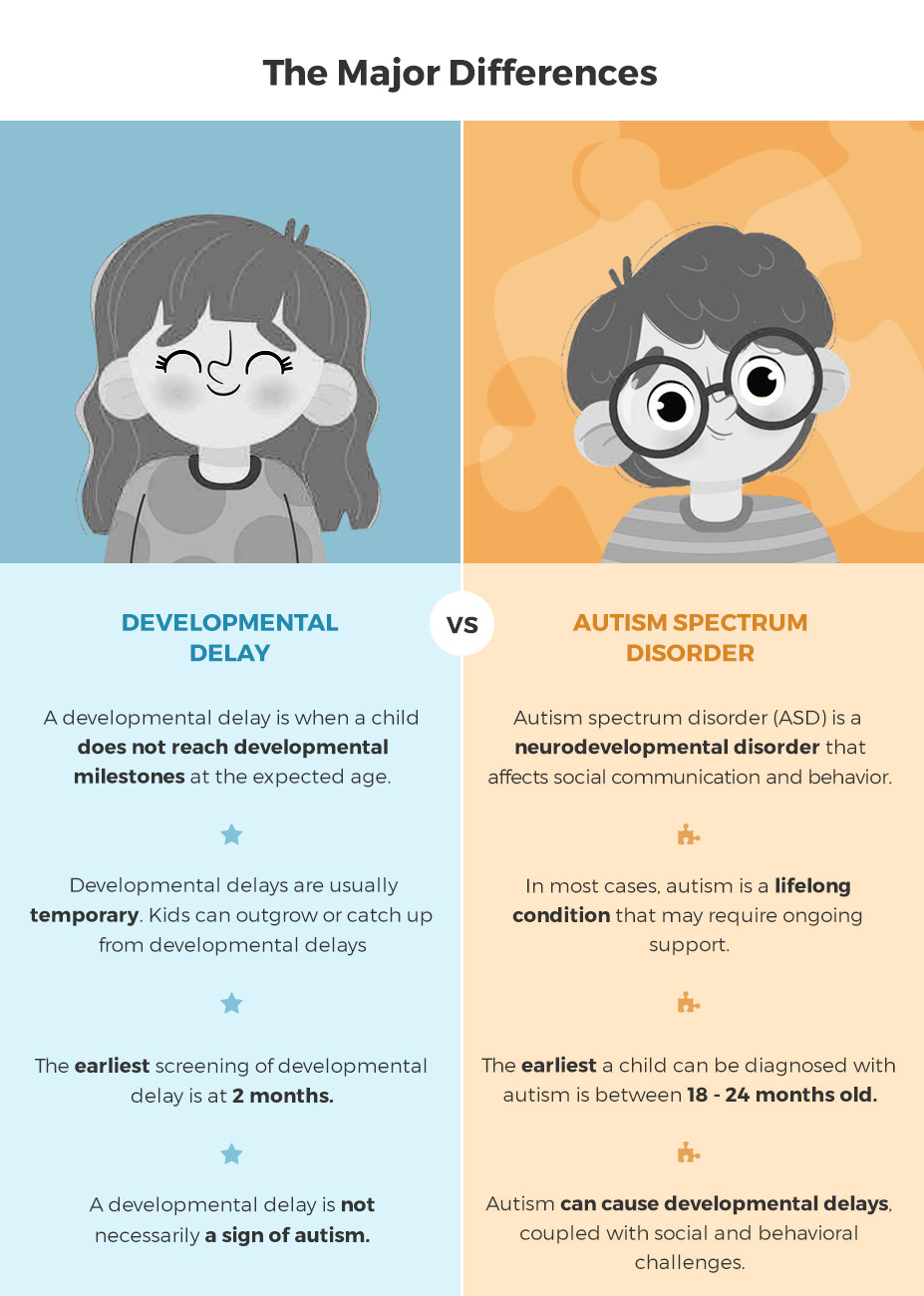How experts in Autism Spectrum Therapies overcome nonverbal communication barriers
How experts in Autism Spectrum Therapies overcome nonverbal communication barriers
Blog Article
Recognizing the Influence of Behavioral Autism on Daily Life and Social Interactions
You could not realize how deeply behavior autism influences everyday life and social communications. People on the range usually navigate a world filled up with communication difficulties and sensory overload. These challenges can lead to frustration and isolation, impacting their relationships and overall wellness.
Defining Behavioral Autism and Its Features
Behavior autism, typically described as autism range disorder (ASD), encompasses an array of problems defined by obstacles in social communication, interaction, and recurring actions. You could see that people with ASD usually struggle to translate social signs, which can lead to misconceptions in conversations. They may find it hard to establish eye call or participate in little talk, making social circumstances really feel overwhelming.
Interaction troubles can show up in various methods, from postponed speech growth to a preference for using less words. By acknowledging these attributes, you can cultivate an atmosphere that advertises acceptance and urges reliable interaction, helping people with autism thrive in their everyday communications.
The Spectrum of Autism: Comprehending Irregularity in Actions
Autism spectrum problem (ASD) isn't a one-size-fits-all diagnosis; it differs widely among individuals. You could notice that some people with ASD show light symptoms, while others may encounter much more substantial challenges. This irregularity can show up in behaviors, passions, and sensory level of sensitivities. You might experience people who are very spoken and engage conveniently in conversations, while others could like solitary activities or communicate non-verbally.
Moreover, the method individuals with ASD reply to sensory input can vary considerably; some could be bewildered by bright lights or loud sounds, whereas others flourish in boosting atmospheres. The range also consists of distinctions in social communications; some individuals might struggle to interpret social cues, while others navigate social settings with family member simplicity. Comprehending this variability is vital, as it aids you value each individual's one-of-a-kind experience and dressmaker assistance to their specific needs, fostering an extra inclusive setting for every person.
Communication Challenges Encountered by Individuals With Autism
When you connect with individuals on the autism range, you might observe their distinct communication challenges. They often encounter difficulties with both nonverbal and spoken signs, which can influence their social communications. Recognizing these barriers is essential for cultivating better connections and support.

Verbal Communication Difficulties
Many people on the autism range experience spoken interaction difficulties that can substantially affect their daily communications. You might discover it testing to share your ideas, feelings, or needs plainly. This can lead to irritation for both you and those around you, as misconceptions occur. You might fight with launching conversations, maintaining a topic, or recognizing nuances in speech. Usually, you may prefer utilizing basic language or repetitive phrases, which can limit your ability to engage in deeper conversations. Your quantity, pace, or tone might not straighten with social expectations, causing others to misinterpret your intents. Identifying these challenges can help you and your support network establish methods to improve interaction and cultivate far better connections with others in your daily life.
Nonverbal Interaction Obstacles
Spoken interaction isn't the only challenge people on the autism spectrum face; nonverbal communication barriers can be just as substantial. These challenges can lead to misconceptions or misinterpretations of social cues, making communications really feel frustrating or complicated. By resolving nonverbal communication, you can discover techniques to improve your social experiences and improve your overall top quality of life.
Social Communication Influences
Social communications can often feel overwhelming because of the one-of-a-kind interaction difficulties encountered by individuals with autism. You may deal with interpreting social hints, making it difficult to comprehend sarcasm or body language. This can cause misconceptions or uncomfortable moments in discussions. Furthermore, starting and maintaining discussions might really feel difficult, triggering anxiousness in social scenarios. You may favor structured environments, making spontaneous interactions unpleasant. It's likewise common to experience problem in participating in tiny talk, which can prevent creating brand-new friendships. Identifying these obstacles can aid you locate methods to improve interaction, such as practicing social skills in risk-free settings or utilizing visual help - Autism Therapist. Comprehending your requirements permits you to browse social interactions with higher confidence and simplicity.
Social Communication and Partnership Building in Autism
While structure relationships can be challenging for people with autism, understanding their distinct viewpoints and interaction styles can promote purposeful connections. You could see that many individuals on the range prefer direct communication and might fight with social signs or little talk. By being uncomplicated in your interactions, you can assist create an environment where they really feel comfortable.
Take the time to pay attention and observe just how they express themselves. This insight can guide you in steering discussions better. Involving in shared rate of interests can likewise act as a bridge to deeper connections. Whether it's a leisure activity, a favorite program, or a shared interest, these usual threads can open up doors to relationship.
Day-to-day Live Routine: Navigating Difficulties and Strategies
Navigating day-to-day live regimens can be especially challenging for individuals with autism, particularly when unanticipated changes happen. You may find convenience in having an organized schedule, as it assists you anticipate what's next. When interruptions take place, it's normal to really feel overloaded or anxious. To navigate these difficulties, think about executing aesthetic schedules or lists. These tools can offer clarity and reassurance.
Developing a regimen that includes sensory breaks can also be advantageous. This helps create an understanding atmosphere.
Lastly, method mindfulness techniques to handle stress and stress and anxiety. Simple breathing exercises or basing techniques can make a significant difference. By integrating these approaches, you can boost your day-to-day routine and reduce disturbances, making life feel more convenient.
Toughness and Capacities of Individuals on the Autism Range
Comprehending day-to-day life routines is just one element of the autism experience. Several people on the autism range possess amazing toughness and abilities that establish them apart. You might discover that your attention to detail is outstanding, permitting you to excel in jobs that need accuracy and focus. Your capacity to assume outside package can cause ingenious options in numerous circumstances.
Additionally, your memory skills often radiate, particularly in areas of passion. Autism Spectrum Therapies. This propensity for maintaining details can make you a beneficial source in areas like art, scientific research, or modern technology. You may additionally exhibit strong aesthetic thinking, enabling you to visualize intricate concepts and fix problems creatively
Furthermore, your one-of-a-kind viewpoint on the world can cultivate empathy and understanding in others, enhancing social communications. Accepting these toughness try this site not just enhances your confidence yet likewise aids others appreciate the diverse skills you give the table.
Developing Comprehensive Atmospheres for People With Autism
Developing inclusive settings for individuals with autism begins with designing sensory-friendly rooms that accommodate their distinct demands. You can additionally promote opportunities for social communication, assisting to develop relationships and links. By making these modifications, you'll add to a much more inviting ambience for everybody.
Creating Sensory-Friendly Spaces
While designing sensory-friendly rooms, it's essential to mirror on the unique demands of individuals with autism. Integrate peaceful zones where people can recharge and retreat when bewildered. Consist of visual timetables or clear signs to assist individuals navigate the area with confidence.
Promoting Social Interaction Opportunities
Designing sensory-friendly rooms not just addresses specific comfort but additionally establishes the phase for purposeful social interactions among people with autism. To advertise these communications, produce comprehensive atmospheres that welcome participation. Arrange structured tasks, like art courses or team games, that encourage partnership without overwhelming sensory you can try this out input. Usage visual help and clear interaction to assist every person involve comfortably. Motivate peer mentoring, combining people with autism with encouraging peers that can direct them via social situations. Additionally, think about hosting normal neighborhood events that commemorate neurodiversity, fostering acceptance and understanding amongst all individuals. By applying these methods, you can improve social possibilities, aiding people with autism develop relationships and enhance their social abilities in a secure, welcoming atmosphere.

Regularly Asked Inquiries
Just How Can Buddies Support Someone With Behavioral Autism?
You can support a good friend with behavior autism by holding your horses, paying attention actively, and appreciating their borders. Participate in activities they delight in, communicate freely, and produce a comfortable atmosphere where they feel valued and comprehended.
What Resources Are Offered for Parents of Kid With Autism?
You can explore different resources for parents of kids with autism, consisting of assistance groups, educational websites, and regional neighborhood solutions. Getting in touch with other moms and dads can also give important understandings and shared experiences to aid navigate obstacles.
Can Behavioral Autism Modification Over Time?

Yes, behavioral autism can change with time. You might see changes in communication, social abilities, and behavior as your youngster expands. Early intervention and assistance commonly play vital duties in these developmental modifications.
Just How Do Sensory Sensitivities Affect Every Day Life?
Sensory level of sensitivities can make daily experiences frustrating. You could have problem with brilliant lights or loud noises, resulting in anxiety or evasion. Discovering settings that accommodate your requirements can greatly improve your convenience and overall life.
What Are Common Misconceptions Regarding Behavioral Autism?
You might believe behavior autism only influences interaction abilities, but it's even more complicated. Numerous presume individuals lack empathy or knowledge, which isn't real. Understanding these misconceptions assists foster acceptance and support for those on the spectrum.
Behavior autism, often referred to as autism range problem (ASD), includes a variety of conditions characterized by difficulties in social communication, interaction, and recurring actions.Social interactions can typically really feel overwhelming due to the distinct interaction challenges encountered by individuals with autism.Creating sensory-friendly areas not only addresses specific comfort but likewise establishes the phase for significant social interactions amongst individuals with autism. Urge peer mentoring, coupling people with autism with helpful peers who can lead them through social circumstances. By executing these approaches, you can enhance this page social chances, aiding individuals with autism construct friendships and reinforce their social skills in a secure, welcoming atmosphere.
Report this page